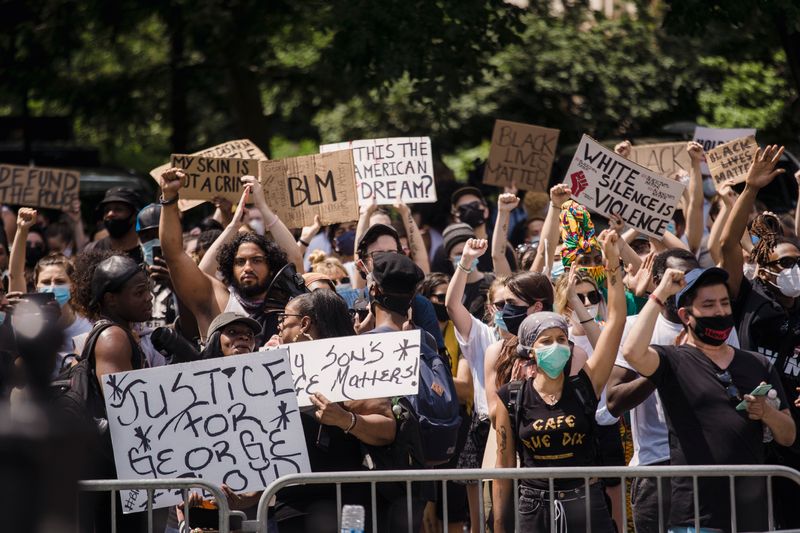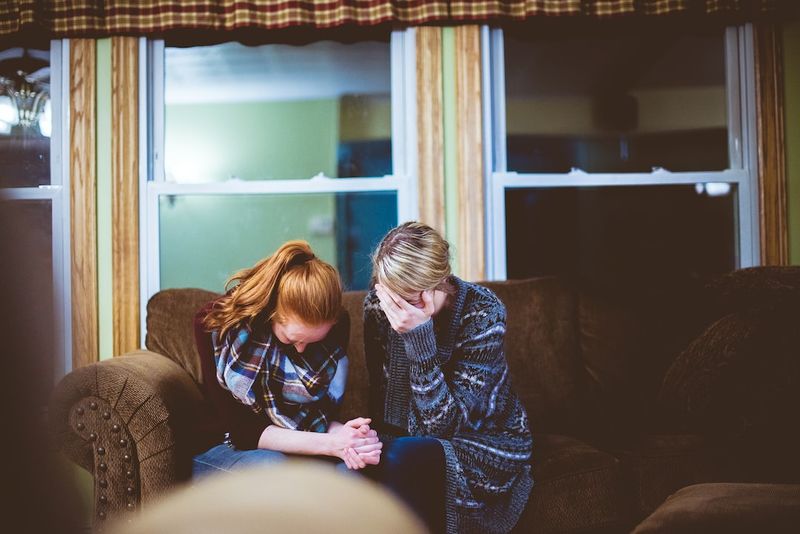British Husband Released After Killing Seriously Ill Wife in Cyprus
Background
A British man, David Hunter, has been freed by a Cypriot court after being sentenced for killing his seriously ill wife. Mr. Hunter was convicted of the manslaughter of his wife, Janice, in an assisted suicide at their home in Paphos in 2021 and was given a two-year jail sentence. The 76-year-old ex-miner from Northumberland spent 19 months in custody awaiting trial before being released. The case has raised questions about the ethical boundaries of assisted suicide and the motivations behind such acts.
The Trial and Sentencing
During the trial, Mr. Hunter testified that his wife had “cried and begged” him to end her life as she suffered from blood cancer. He claimed that he would never have suffocated his wife unless she had asked him to. The court heard that Mrs. Hunter had expressed her desire to die, and her husband acted out of love to relieve her suffering. Mr. Hunter demonstrated in court how he had held his hands over his wife’s mouth and nose, ultimately granting her wish after she became “hysterical.”
Prosecutors, however, argued that Mr. Hunter had selfish motives and was primarily concerned with taking care of himself. They described Janice’s death as “not painless or peaceful.” The court acknowledged that the case was unique, involving a decision to take a human life based on feelings of love and the aim of relieving suffering caused by illness. Judge Michalis Droussiotis stated, “This is a crime that goes against human life, which is the highest virtue. Taking it is a crime.”
The Release and Emotional Reactions
After spending almost two years in custody, David Hunter was released by prison authorities earlier than expected. On the steps of Paphos District Court, he expressed gratitude to the people who supported him during his time in custody, particularly his “colliery family.” He revealed that he couldn’t find words to describe his feelings upon his release and acknowledged the immense pressure he had been under for the past two years.
The couple’s daughter, Lesley Cawthorne, described the past 19 months as a “living nightmare” for the family and expressed her relief and elation at her father’s release. She emphasized the need for privacy as the family grieves for her mother and attempts to rebuild their lives.
Ethical and Legal Considerations
The case of David Hunter raises complex ethical and legal questions surrounding assisted suicide and the right to end one’s life. The court recognized that this was not a typical case and acknowledged the unique circumstances and motivation behind Mr. Hunter’s actions. The decision to take another person’s life is a deeply profound and morally challenging matter, particularly when it involves a loved one’s suffering.
The judge’s remarks about the sanctity of life and the inherent value of human existence underscore the moral and philosophical dilemmas at play. The court also took into consideration the long-standing and loving relationship between the couple, which further complicated the decision-making process.
Editorial and Advice
This tragic case prompts us to reflect on the complex issues surrounding end-of-life decisions and the challenges faced by individuals grappling with the suffering of their loved ones. While the circumstances in this case may be unique, it highlights the need for open and honest conversations about death, dying, and individual autonomy, as well as the availability of compassionate and comprehensive palliative care options.
It is crucial for societies to have a nuanced and thoughtful discussion about the legal and moral implications of assisted suicide. This requires considering factors such as terminal illness, unbearable pain, and the desire for a dignified death. Striking the right balance between respecting individual autonomy and safeguarding against abuse and coercion is a delicate task.
It is also vital for governments and healthcare systems to ensure the provision of adequate support and end-of-life care options for individuals facing terminal illness. Access to palliative care, psychological support, and legal frameworks that protect the vulnerable while addressing the complex emotional and ethical dimensions of these situations is essential.
Ultimately, cases like David Hunter’s call for deep reflection on the meaning of human life, individual autonomy, and the moral responsibility we have towards each other. The tragedy of the situation invites us to engage in compassionate and thoughtful discussions aimed at finding solutions that uphold human dignity while respecting the sanctity of life.

<< photo by Life Matters >>
The image is for illustrative purposes only and does not depict the actual situation.
You might want to read !
- The Next Chapter: Bournemouth’s New Manager Andoni Iraola Takes Charge
- Andoni Iraola: Taking the Helm at AFC Bournemouth
- “Battle on the Pitch: Haaland Defies Injury to Lead Norway Against Scotland – Live Commentary”
- “Unbearably Improbable: Chinese Zoo Rejects Claims of Sun Bears in Human Disguise”
- Wolf cast: Unveiling the Riveting Characters and Stellar Actors of the BBC One Thriller
- “Lupine Leap: Unveiling the Premiere, Sneak Peek, and Stellar Ensemble of Wolf – BBC One’s Latest Thriller”
- Coldplay’s Highly Anticipated 2024 Dublin Tour: A Look at Ticket Prices and Croke Park Capacity
- “The Dark Side of the Sunshine Millionaire: Unveiling the Exploitative Scheme that Drained £130m from Britain”




